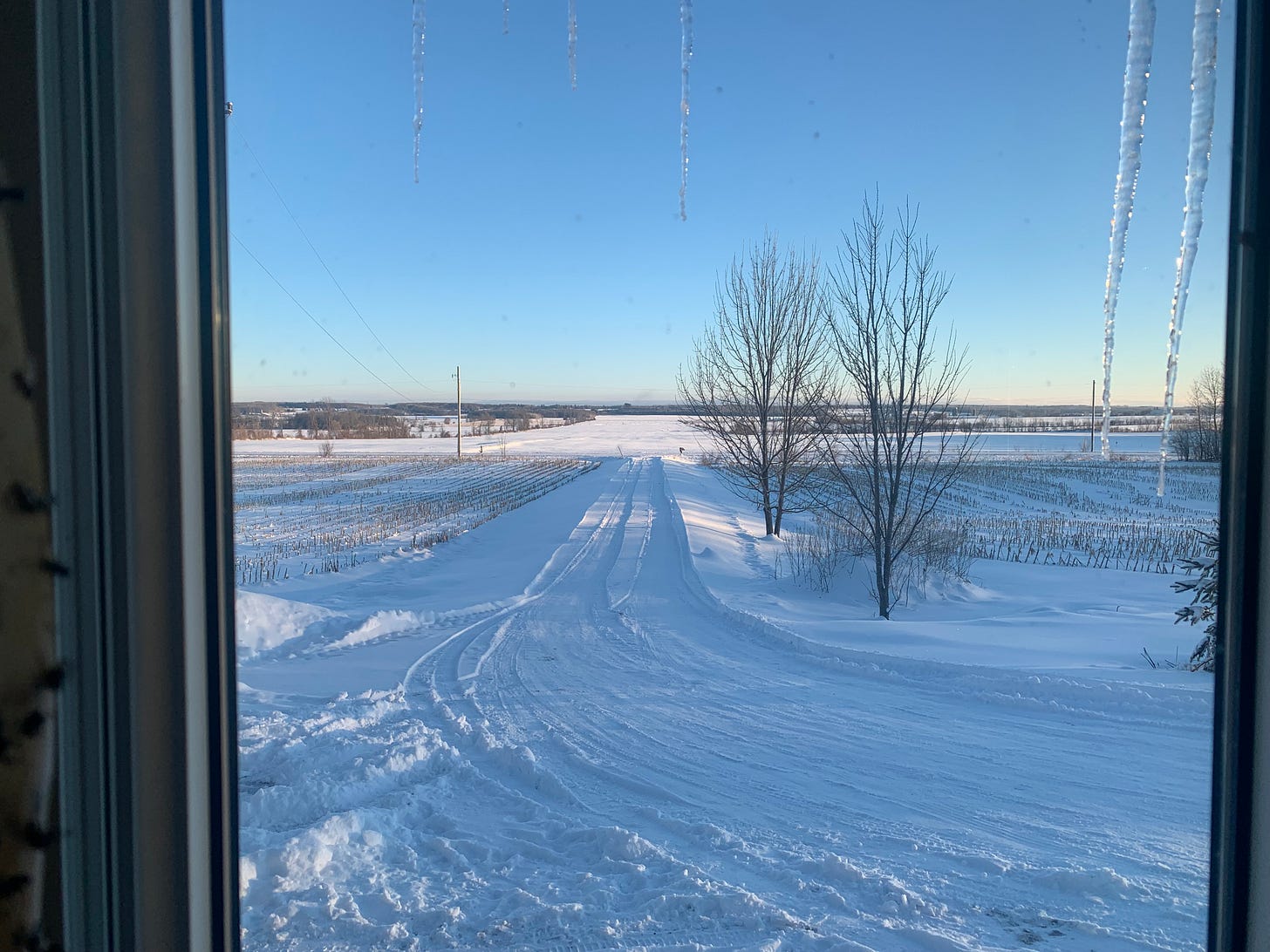Lecture for an Empty Room
Fragments of a work-in-progress;
A conversation. All these little echo chambers.
At the end of December, 2022, Matthew Walther’s “Poetry Died 100 Years Ago This Month” appeared in The New York Times. Why is it so important for opinion writers to return, once again, to declaring the death of poetry? Perhaps they wish to claim credit, whether through a kind of critic-assisted end of literary suffering, or wishing to be seen to have the clarity of childlike wisdom, akin to “The Emperor’s New Clothes.” Walther speaks of modernism, a contemporary dearth of MFA programs churning out literature professors, and an endless array of chapbooks. Nothing useful since TS Eliot; remember TS Eliot? TS Eliot was cool, right?
Circa 2001, Ken Norris suggested to me that MFA programs throughout the United States had caused the death of American poetry. Given my broader reading experience since, I’d say I disagree with that statement, but I don’t know what he might have seen since 1985, the year he landed to teach at the University of Maine. I’m sure writing programs everywhere churn out an array of unremarkable writers producing semi-publishable work that later end up littering the landscape of journals, chapbooks and trade collections, but I don’t see American programs doing this with any greater percentages than their Canadian counterparts. It might simply be a matter of scale. Layli Long Soldier emerged from a program. Megan Kaminski emerged from a program. Sarah Mangold emerged from a program. Jericho Brown emerged from a program. I don’t think the issue, if there is one to be discussed, is that of the MFA program.
But still: given so much activity, productivity and production, why declare the state of the union, as it were, past tense? Oh, Matthew Walther, literature isn’t there to do what you think it should, or you heard once that it might have. It isn’t there to obey your rules. Literature remains in constant motion. It evolves, just as much as language and culture, from pop to human. We should never think of any of these as absolutes, or fixed. Stagnation, not evolution, is what causes the death you are in such a rush to declare. But I want things to be as they were, they say. This creature is already dead. Instead of bothering to understand the art on its own terms. Matthew Walther, have you a difficulty with an art that includes both Rupi Kaur and M. NourbeSe Philip?
Every article on the death of literature, whether poetry or the novel, exists as a variation on the same: the misunderstanding that any art is not a fixed point, nor is it meant to do, whether solely or otherwise, what it is that you wish. Adaptability, for both the reader and the practitioner, remains key. What was American poetry before Walt Whitman? What was Canadian poetry before bpNichol? What was literature before Dionne Brand? Each of these changing the very foundation of how the literatures they lived in was heard, written and seen. Arguably, every poet writing shifts the foundations and boundaries of literature, even if only a little, so the very notion of the fixed point. Declare your intentions! the traditional poets blast at the avant-garde. They counter: We can’t declare what won’t stand still.
Alice Notley, Jordan Abel. Lisa Robertson. Fred Wah. Anne Carson. Margaret Christakos. Andrew Suknaski. Stephen Collis. Jack Spicer, Lorine Niedecker or Robert Creeley. Ron Silliman. And then those in the nebulous between-states, working experimental texts across more subtle landscapes: Judith Fitzgerald, Kathleen Fraser, David Donnell. The long sentences of between of Monty Reid.
Call this a mantra, if you wish: my literature includes difficult work. To comprehend the centre one has to examine the edge.
Rupi Kaur: she seems an easy and lazy target for literary archers. I don’t care for the lyrically uncomplicated statements of her poems, but she might have allowed more young readers into literature than most of us combined. Maybe?


